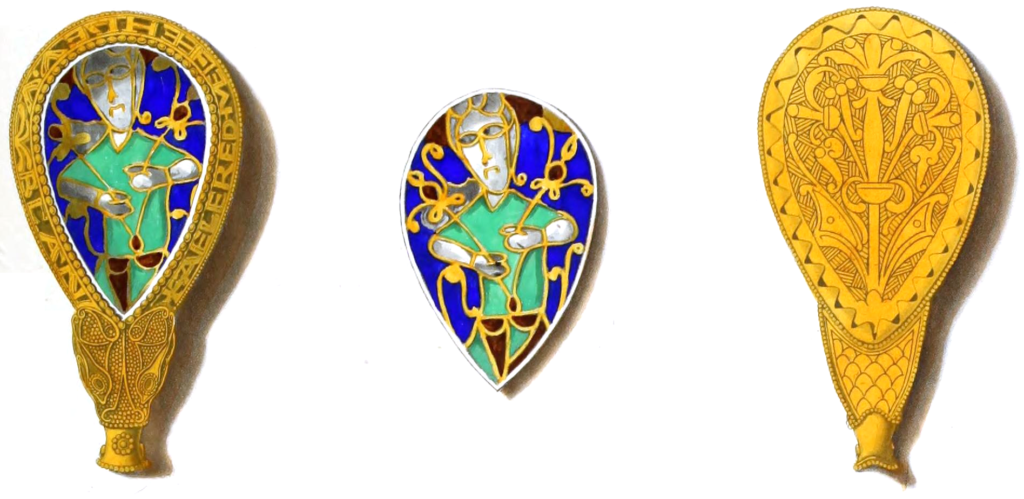Rebuilding Wessex 1: Education

The Vikings would be back. While Alfred had defeated Guthrum in 878 he knew that the Vikings would return. But next time, he would make sure that Wessex was ready for them.
Alfred tackled the matter with the systematic intelligence that was characteristic of him. First came the question of ‘why’? Why had God allowed pagan men to ravage the Christian kingdoms of the Anglo-Saxons? For Alfred did not believe in a universe of chance. Things happened for a reason, and he applied to recent events the same self-analysis that the Jews applied to their own history in the Bible. Alfred saw the English as a new Chosen people, set apart by God for his purposes. But while the Jews came to understand their own history in terms of their falling away from the ancestral covenant they had made with God, Alfred came to a different conclusion with respect to his own people. It wasn’t so much that they had failed morally (although the temptation to vice was ever present and often consummated), but rather that they had failed by abandoning their previous commitment to learning and education. Whereas in the seventh and eighth centuries, Anglo-Saxon scholars such as Bede and Alcuin had been among the most learned men in the world, by Alfred’s reign learning had fallen off so precipitously that the scribes for Canterbury Cathedral, the mother church of the whole country, were unable to produce texts in intelligible Latin. It was this failure to nurture their patrimony of learning, Alfred believed, that had caused God to remove his protection from the Anglo-Saxon kingdoms.
So, having established the cause, Alfred set out to remedy it, and he started with himself. He had only learned to read and write English when he was 12. This was better than for many other people but it was still a source of embarrassment to Alfred. What was more, he could not read or write Latin, the language of scholarship. So, somewhere in his mid-30s, Alfred started to learn Latin. But Alfred wanted not just to be able to read Latin. His aim was to achieve a high-enough standard in the language that he would be able to translate key Latin books into English. For Alfred had decided to embark upon a programme of education for his people and himself. To do that he recruited to his court the most able clerics he could find, from Britain and abroad, men such as Asser, a Welshman, Plegemund, a Mercian, John from Saxony and Grimbald from France. Alfred’s court was becoming an international institution.
Recognising that most of his people had neither the time nor the opportunity to learn Latin, Alfred and his court scholars set about translating the books ‘most necessary for all men to know’ into English. These included the Dialogues and Pastoral Care of Gregory the Great, Bede’s Ecclesiastical History of the English People, the Consolation of Philosophy by Boethius and the first fifty Psalms. These works are full of spiritual, moral and practical wisdom, from the Consolation’s advice on how to deal with turns of fortune that leave you destitute – something Alfred himself was all too familiar with – to sound precepts for how a bishop should do his job in Pastoral Care.
Alfred sent a copy of Pastoral Care to every bishopric in the country and, being Alfred, was shrewd enough to guess that Gregory’s pastoral advice might best be gold-plated with an earthly gift, so included with each book a beautiful and valuable text pointer. One of those pointers, the Alfred Jewel, pictured above, has survived to today and is on display at the Ashmolean Museum.
To ensure that the knowledge in these books reached beyond the episcopacy, Alfred established a court school to teach not only his own children but also the children of the nobility and even many among the common born. To recover from the ravages of the Vikings, Alfred fostered a thorough going cultural renewal. That Alfred, while burdened with all the duties of a king, should still find time in his day to translate Latin texts into English for the good of his people marks him out as truly exceptional among monarchs. There have been many great warrior kings. There have even been a few scholar kings. But Alfred is pretty well unique in being both.
0 Comments